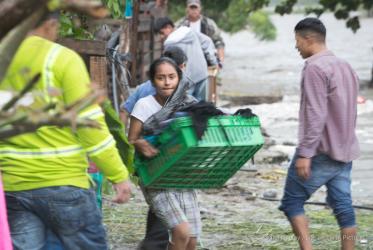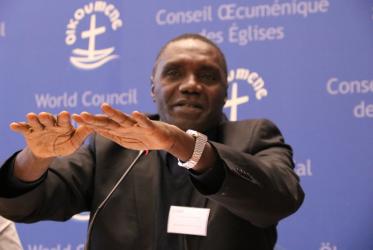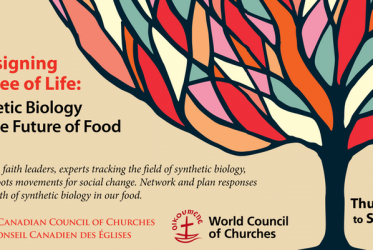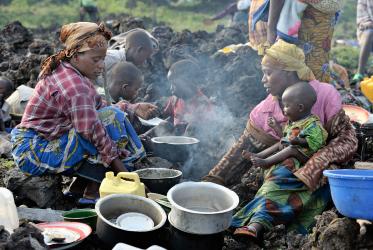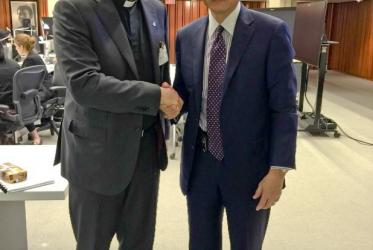Displaying 1 - 15 of 15
Lessons Learnt from Strategic Engagement in India, Dominican Republic, Indonesia, and Jamaica
31 January 2023
Agreement works toward food security in South Sudan
23 February 2019
On the journey to HIV – bridging gaps, debunking myths
21 February 2019
WCC calls for Global Day of Prayer to End Famine
31 May 2018
Forum strengthens ecumenical commitment to diakonia
12 October 2017
Redesigning the Tree of Life: Synthetic Biology and the Future of Food
02 - 04 November 2017
Toronto, Canada
Consultation considers right to food in context of climate change
15 December 2015

